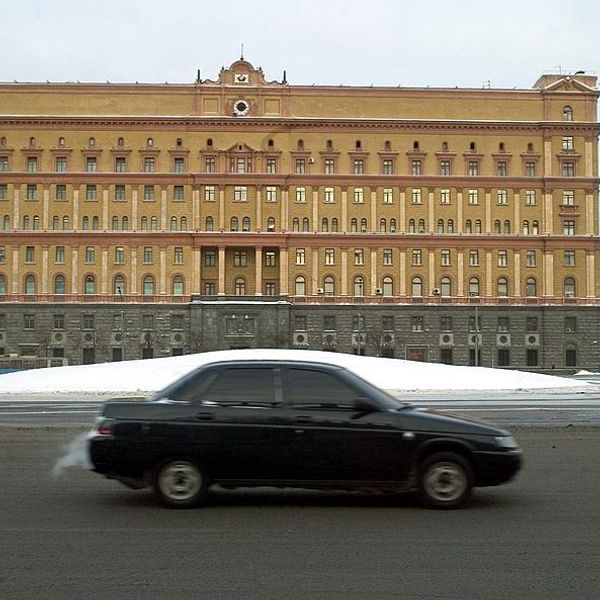Bottom Line Up Front
- On December 11, the British Parliament will vote on a ‘finalized’ deal for exiting the European Union (EU).
- The deal is two parts—a lengthy legally-binding agreement and a more controversial, less-detailed common approach to future trade relations.
- The EU is by far the largest market for British exports and imports, and the EU remains unlikely to offer enticements for a deal it finds highly damaging along economic, political and security dimensions.
- There are major geopolitical ramifications of Brexit, from a renewed push for Scottish independence to the potential for a range of destabilizing issues related to the border between Northern Ireland and the Republic of Ireland.
There is growing opposition to the agreement between the EU and the UK over the latter’s withdrawal from the union on March 29, 2019. After more than a year of fruitless talks and growing concern over precisely when the UK plans to exit the EU and what will happen once it finally does, EU and UK negotiators reached an agreement on November 25. The agreement stipulates a two-year transition period for businesses and governments to more fully prepare for the exit; the UK would essentially be part of the EU in terms of trade and travel, among other sectors, until December 31, 2020.
As expected in such complex talks, particularly in negotiations where the UK is seeking decision-making autonomy from the EU while simultaneously trying to maintain ‘members-only’ access and privilege in matters of trade and travel, the agreement has been met with fierce opposition. The idea that Brexit was going to be a seamless and straightforward process, a notion encouraged by legions of its supporters, has met the reality of trying to separate the British system from the EU framework. Many of those opposing the newest agreement argue that the deal fails to bring about the true independence desired by voters in the 2016 referendum. Opponents are demanding another round of talks in which, during the next iteration, the UK receives a ‘better deal,’ despite having seemingly less leverage.
That ‘better deal’ is unlikely. After the agreement, European Commission President Jean-Claude Junckerattempted to avert any talk of restarting the negotiations by stating, ‘this is the only deal possible.’ UK Prime Minister Theresa May is now left with the Herculean task of convincing members of Parliament to accept the agreement, which has too often been over-simplified as a binary option of ‘Remain’ or ‘Leave.’ Prime Minister May remarked, ‘this is the deal on the table. It is the best possible deal. It is the only deal.’On November 27, former Defense Minister Fallon publicly stated the deal ‘was the worst of all words’ and that it was ‘doomed.’ Rancor runs deep in British domestic politics—the Labour party, the Scottish National Party, the Liberal Democrats, and the Democratic Unionists have each said that their parties will reject the deal, and the Tories are likely to follow suit. U.S. President Trump, a vocal critic of the EU, believes the agreement was a ‘great deal for the EU.’
If the UK Parliament rejects the agreement, there are basically three options remaining: first, the UK can leave the EU without any binding agreements, referred to as the so-called ‘hard Brexit’; next, the EU and UK can go back to the negotiating table, though it is difficult to see such talks producing an agreement that satisfies those calling for the impossible; or finally, the UK can hold another referendum to either delay the March 29, 2019 exit or vote to stay in the EU. Some have speculated that Brexit could prompt another groundswell of support for Sottish Independence. There are major implications for security as well, especially along the border of Northern Ireland and the Republic of Ireland, where ex-paramilitary gangs turned criminal groups could exploit the economic benefits of illicit smuggling and trafficking. There could also be an interruption of the exchange of intelligence data, security cooperation and information sharing. The next four months will be tumultuous, with significant implications for economic, political and security institutions both within Britain and across the European continent.











